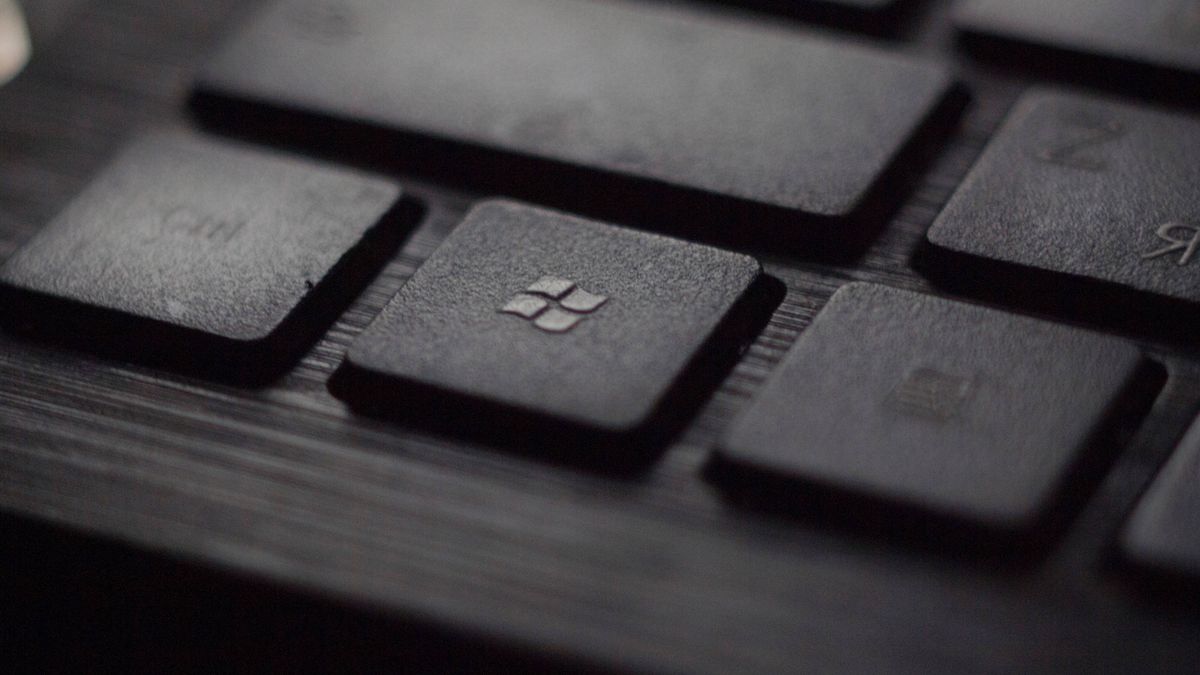Microsoft detected cyberattacks against Ukraine — raises concerns over civilian digital targets
Microsoft to also 'reduce the exposure of Russian state propaganda'

Microsoft President and Vice Chair Brad Smith confirmed a number of destructive cyberattacks directed at Ukraine's digital infrastructure several hours before Russian forces invaded on Feb. 24. Now, the company remains concerned about recent cyberattacks on Ukrainian civilian digital targets in several sectors and emergency services.
In the blog post, Smith states Microsoft's Threat Intelligence Center (MSTIC) identified a malware package, known as FoxBlade, and notified the Ukrainian government before the invasion. Within three hours, the company mitigated the threat by providing technical advice, along with writing and adding new signatures to detect the malware to its anti-malware service, Microsoft Defender.
- Best password managers of 2022
- Best authenticator apps in 2022
- Best laptop deals in 2022
However, Microsoft has also seen a rise in recent cyberattacks against Ukraine's financial sector, agriculture sector, emergency response services, humanitarian aid efforts, and energy sector organizations and enterprises.
"These attacks on civilian targets raise serious concerns under the Geneva Convention, and we have shared information with the Ukrainian government about each of them," Smith states. "We have also advised the Ukrainian government about recent cyber efforts to steal a wide range of data, including health, insurance, and transportation-related personally identifiable information (PII), as well as other government data sets."
Ukraine has been a target of cyberattacks over the past few months, with one of the more recent cyberattacks including an expected data wiper attack that disrupted the Ukrainian border control, which slowed refugees leaving Ukraine for Romania (via VentureBeat). This disruption forced officials to use pen and paper instead.
Microsoft is also taking steps in the protection against state-sponsored disinformation campaigns, reducing the exposure of Russian state propaganda by not displaying RT and Sputnik content on the Microsoft Start platform — which includes MSN.com. What's more, RT news apps have been removed from the Windows app store, along with banning all advertisements from RT and Sputnik.
Smith concludes: "Like so many others, we call for the restoration of peace, respect for Ukraine’s sovereignty and the protection of its people. We not only look toward but will work for a future where digital technology is used to protect countries and peoples, helping us all to bring out the best in each other."
For more on the impact of the Russia and Ukraine war, find out how the conflict affects Apple and other tech companies.
Stay in the know with Laptop Mag
Get our in-depth reviews, helpful tips, great deals, and the biggest news stories delivered to your inbox.

Darragh Murphy is fascinated by all things bizarre, which usually leads to assorted coverage varying from washing machines designed for AirPods to the mischievous world of cyberattacks. Whether it's connecting Scar from The Lion King to two-factor authentication or turning his love for gadgets into a fabricated rap battle from 8 Mile, he believes there’s always a quirky spin to be made. With a Master’s degree in Magazine Journalism from The University of Sheffield, along with short stints at Kerrang! and Exposed Magazine, Darragh started his career writing about the tech industry at Time Out Dubai and ShortList Dubai, covering everything from the latest iPhone models and Huawei laptops to massive Esports events in the Middle East. Now, he can be found proudly diving into gaming, gadgets, and letting readers know the joys of docking stations for Laptop Mag.